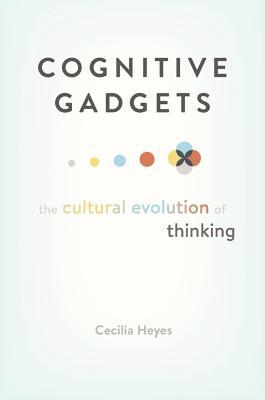What do you think?
Rate this book


304 pages, Hardcover
Published April 16, 2018
At birth, the minds of human babies are only subtly different from the minds of newborn chimpanzees. We are friendlier, our attention is drawn to different things, and we have a capacity to learn and remember that outstrips the abilities of newborn chimpanzees. Yet when these subtle differences are exposed to culture-soaked human environments, they have enormous effects. They enable us to upload distinctively human ways of thinking from the social world around us.
[T]he cognitive instinct view, famously implies that "our modern skulls house a Stone Age mind" (Cosmides and Tooby, 1997); in other words, the cognitive processes with which we tackle contemporary life were shaped by genetic evolution to meet the needs of small, nomadic bands of people, who devoted most of their energy to digging up plants and hunting animals. In contrast, cultural evolutionary psychology, the cognitive gadgets theory, suggests that distinctively human cognitive mechanisms are light on their feet, constantly changing to meet the demands of new social and physical environments. If that is correct, we need not fear that our minds will be stretched too far by living conditions that depart ever farther from those of hunter-gatherer societies. On the cognitive gadgets view, rather than taxing an outdated mind, new technologies—social media, robotics, virtual reality—merely provide the stimulus for further cultural evolution of the human mind.